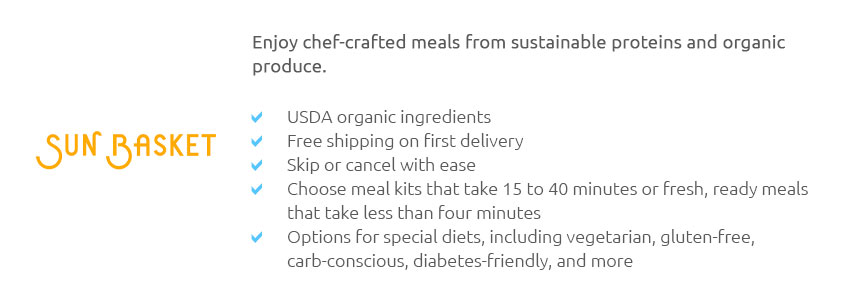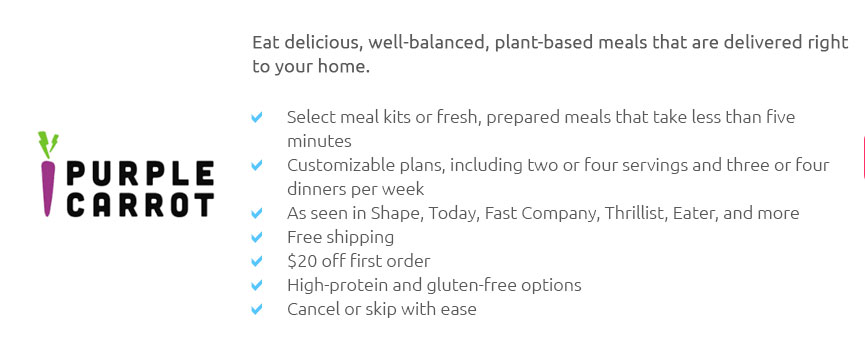 |
 |
 |
|---|
 |
|---|
 |
||||||
|---|---|---|---|---|---|---|
|
||||||
 |
 |
|||||
 |
 |
|||||
 |
 |
|||||
 |
 |
|||||
 |
 |
|||||
 |
 |
|---|
Exploring the Most Environmentally Friendly Meal KitsIn an era where sustainability is more than just a buzzword, consumers are increasingly discerning about the ecological impact of their choices, including the convenience of meal kits. The meal kit industry, booming with options, has sparked discussions about environmental consciousness, and today we delve into the most environmentally friendly meal kit options available. Understanding the Environmental Impact: Meal kits, by design, aim to reduce food waste by providing pre-measured ingredients. Yet, the flip side often involves packaging waste, raising the question: which meal kits balance convenience with ecological mindfulness? 1. Green Chef: As a frontrunner, Green Chef prides itself on being the first USDA-certified organic meal kit company. They source sustainable, organic ingredients and employ packaging made from recyclable, reusable, or compostable materials. Their commitment extends to offsetting 100% of their carbon emissions, reflecting a profound dedication to environmental stewardship. 2. Sunbasket: Sunbasket's appeal lies in its use of organic produce and responsibly sourced meats. Their packaging, primarily recyclable and compostable, demonstrates their pledge to minimizing environmental footprints. Furthermore, their focus on clean, nutritious meals aligns with a holistic approach to sustainability. 3. HelloFresh: Although not as stringent on organic certification, HelloFresh has made strides in reducing food waste and optimizing delivery routes to cut emissions. Their packaging is mostly recyclable, and their ongoing efforts to enhance sustainability are noteworthy.
Balancing Convenience and Ecology: While meal kits inherently promote reduced food waste, the environmental edge depends on packaging and sourcing. Green Chef emerges as the leader in eco-conscious efforts, yet each option presents unique benefits worth considering based on individual values and priorities. Final Thoughts: Choosing the right meal kit involves more than just taste preferences; it requires a conscientious evaluation of how each company contributes to a sustainable future. By understanding these aspects, consumers can make informed decisions that align with both their culinary and environmental ethos. https://www.healthline.com/nutrition/sustainable-meal-delivery
We tried some of the most sustainable meal delivery services, including Green Chef, Daily Harvest, and Splendid Spoon. https://www.deliveryrank.com/blog/best-eco-friendly-meal-delivery-services
Green Chef Best Overall Eco-Friendly Meal Kits. Green Chef's Moroccan Carrots & Rice. Key Features. https://www.cnet.com/health/nutrition/this-meal-kit-has-the-least-amount-of-plastic-waste/
Blue Apron, one of the original meal kit services, proved to be the most eco-friendly meal kit, with an impressive 50% of its packaging being ...
|
|---|


